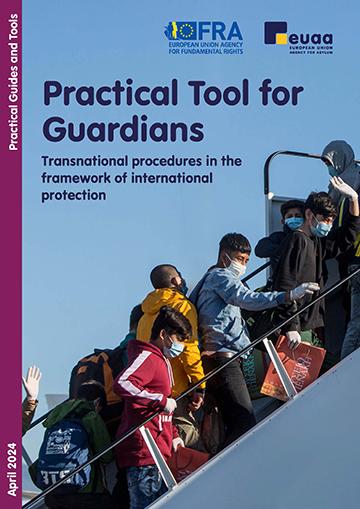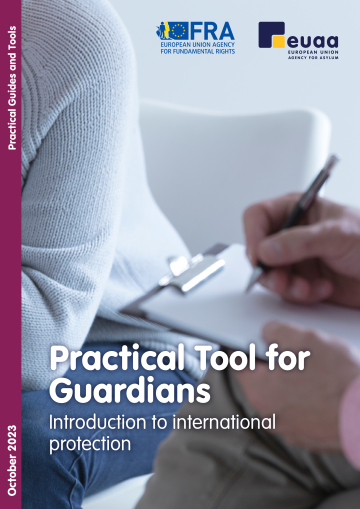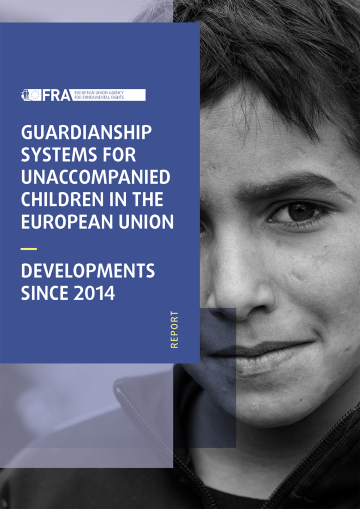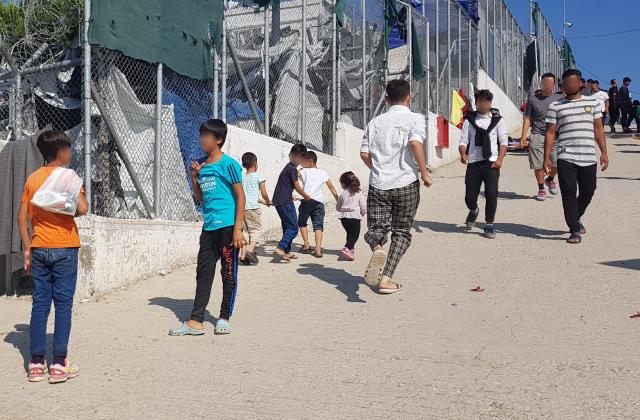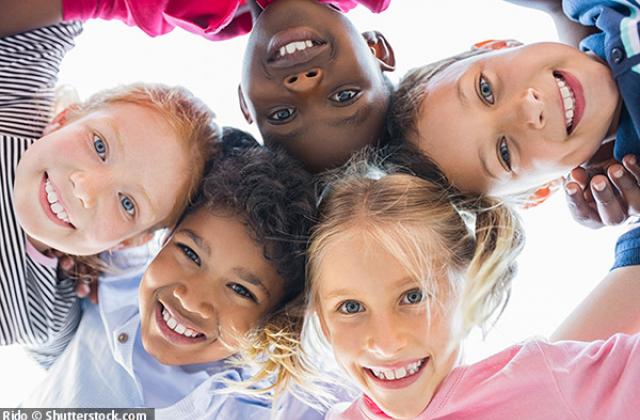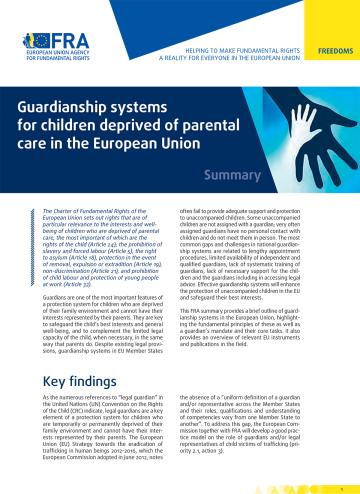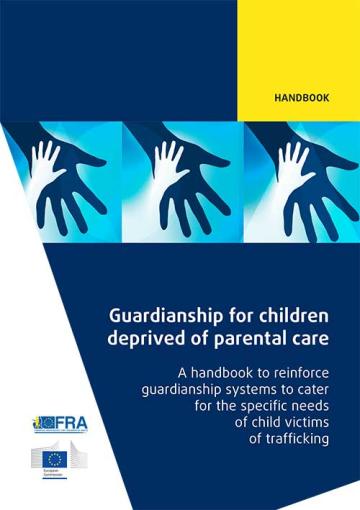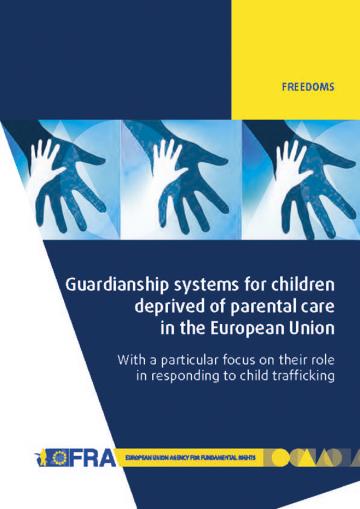
Guardianship systems for children deprived of parental care in the European Union
The research looks at how existing systems respond to the particular needs and vulnerabilities of presumed or identified child victims, or children at risk of trafficking and exploitation, such as unaccompanied children. This comparative report helps to understand better the strengths and weaknesses of national guardianship systems and may also assist decision makers to take measures to promote the effective protection of all children.
Guardians are a key element of a protection system for children who are temporarily or permanently deprived of their family environment and cannot have their interests represented by their parents. There are great disparities between the types of guardianship provided to children in and within European Union (EU) Member States. To support Member States in addressing the challenges identified, FRA, in cooperation with the European Commission, developed a handbook, published in 2014, aiming to contribute to the protection of child victims and to the prevention of child trafficking.
